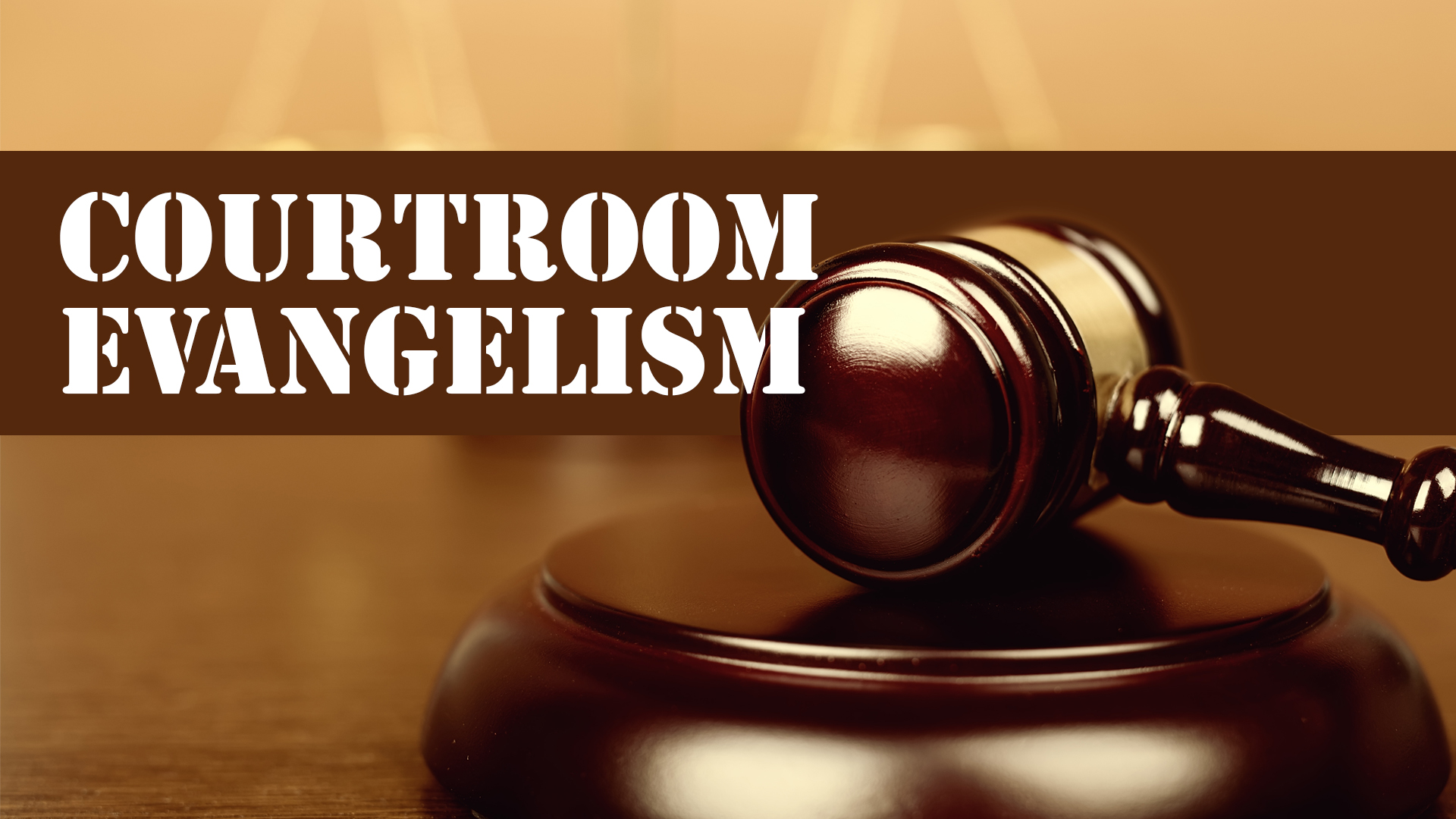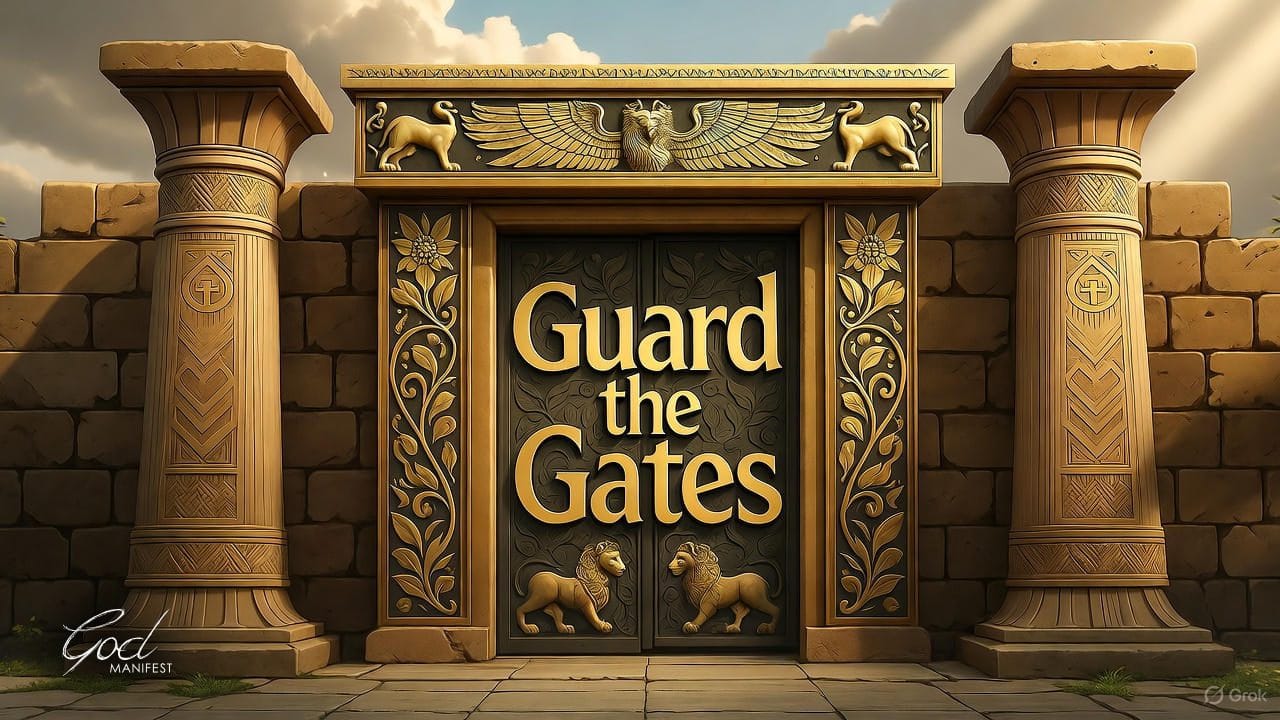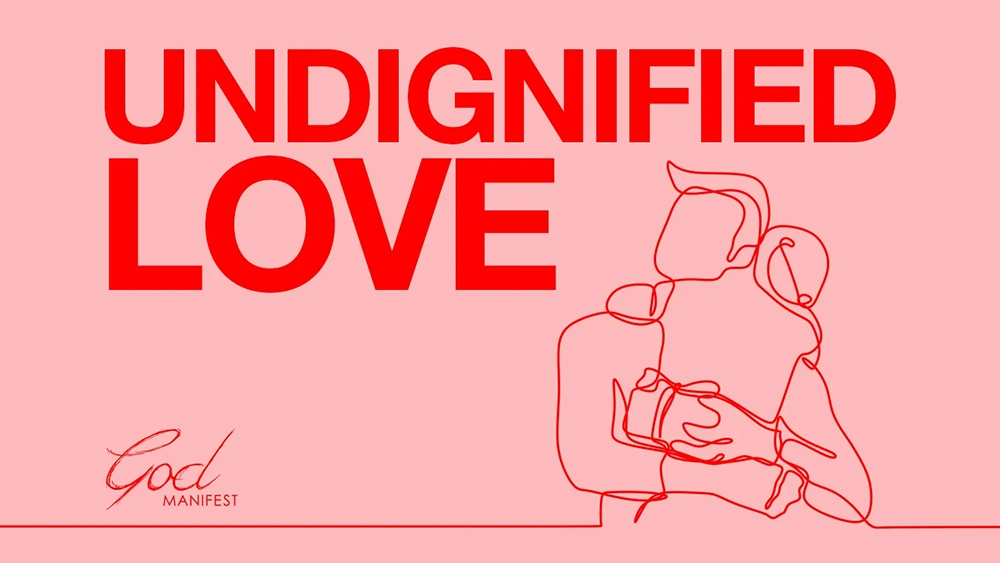Last Friday, I had jury duty. After all the preliminary introductions, I was selected to go through voir dire, the competency stage of jury selection. There were sixty-five potential jurors to fill thirteen slots: twelve primary jurors and one alternate juror. The case was a criminal case and involved a man on trial for murder. After the judge set the rules of engagement and our expectations as jurors, the lead prosecutor took the floor and began to ask a series of questions to weed out individuals that would adversely affect her case and identify individuals who would rule fairly and hopefully rule in her favor. After an hour of questions and a short recess, the defense attorney took the floor for his hour-long questioning. Up to this point, I was merely a spectator and purposed to sit quietly and not stand out in hopes of not being selected as one of the lucky thirteen. Then, the defense attorneys said, “This case happened nearly sixteen years ago, and my client has been awaiting his trial the whole time. He was a juvenile when the alleged murder occurred, and today, nearly sixteen years later, he is a very different person. Do you know anyone who was terrible as a teen but grew up to become a functioning, law-abiding individual as an adult? Can anyone testify to knowing or even being someone who seemed hopeless as a juvenile and completely changed as an adult?”
The defense attorney looked into the sea of faces as heads nodded throughout the courtroom. “The court would love to hear your testimonies today,” the attorney added. “Does anyone want to share?”
The room went completely quiet. ““Row one? … Row two? … Row three?…,” the attorney asked, going row by row. I was in row two. I clenched my teeth and remained quiet before I heard the Lord say in my heart, “Jonnathan, testify!”
I argued with God internally, wrestling with Him, saying, “No, God. If they realize I’m a pastor and can be fair and impartial, I’ll definitely be selected.”
“Row five? … and Row six,” the attorney concluded. “Surely, someone in this courtroom has a testimony to share.”
I looked around and hesitantly raised my jury card. “Ah, jury number sixteen. A man of the cloth,” the defense attorney said with a grin. “Am I right? Tell the court who you are and what you do.”
“I’m a pastor,” I responded. “And before I was a pastor, I was a marketing executive for law firms and large corporations.”
“Can a man change drastically from being an uncontrollable teen into a functioning member of society,” the attorney asked. “If so, do you have a testimony to share?”
“Absolutely, without a doubt, a person can change,” I responded. “When I was a teen and into my early twenties, I was hopelessly depressed, suicidal, violent, murderous, and always very angry. I was addicted to drugs, alcohol, and women before becoming a Christian while in college.”
“Tell us more,” the attorney encouraged.
“Well, just before attempting to take my own life, I encountered Jesus, and my life has never been the same,” I continued. “Today, I am a pastor, and before becoming a pastor, I was a successful marketing executive.”
“So, pastor, do you believe in second chances,” the defense attorney inquired. “If so, please explain to the court why.”
“Yes, of course, I believe in second chances,” I began. “I believe because, without Jesus, I wouldn’t be sitting here today. He gave me a second chance and a third, fourth, fifth, and sixth chance. I believe in second chances because of my faith in Jesus and because the Bible clearly teaches us to forgive as Jesus forgave us.”
“OK, that’s so good, pastor,” the attorney replied. “Would you personally consider the minimum sentence if the evidence can prove without a reasonable doubt that my client is guilty?”
“Yes, I could if the evidence and the character witnesses of your client can prove to the court that your client is truly a different man today than he was sixteen years ago,” I responded.
“OK, good,” the attorney responded. “What would it take for you, a pastor and a man with great religious convictions, to consider the minimum sentence?”
“True repentance and remorse,” I responded. “Not convenient repentance, where he just recently claims to have changed, but rather a clear history of repentance since the murder. I would need to see and hear the evidence through character witnesses that your client understands what he did was heinous and wrong, has true remorse, and has a history showing he has changed. Obviously, if he committed the crime of murder, he has to serve whatever sentence the law deems appropriate: five years to ninety-nine years to life. But as a pastor and someone who has received more chances than I deserve, I am willing to give the lesser sentence if he is proven to be changed.”
The questioning stopped after that statement, and the attorney made his closing statements before resting. After forty-five minutes, the court called the jury numbers selected, but to my relief and surprise, I wasn’t chosen.
Matthew 10:33 NASB
But whoever denies Me before men, I will also deny him before My Father who is in heaven.
For me, He opened the door to preach His gospel and share my testimony, and He closed the door to serving on a jury.
Ephesians 6:19-20 NASB
… and pray on my behalf, that utterance may be given to me in the opening of my mouth, to make known with boldness the mystery of the gospel, for which I am an ambassador in chains; that in proclaiming it I may speak boldly, as I ought to speak.







